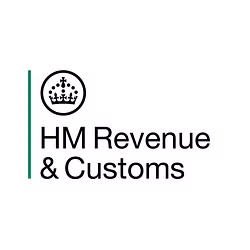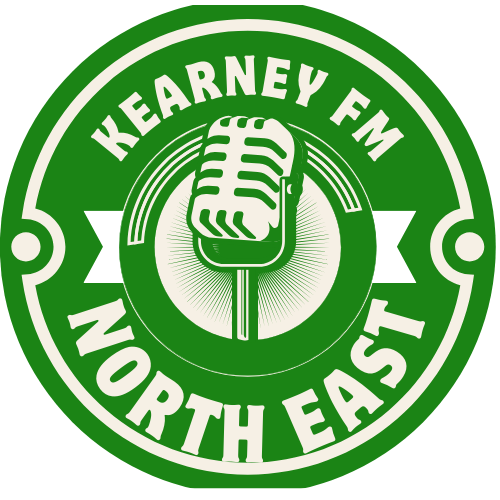| Getting your Trinity Audio player ready... |
As Easter approaches, thousands of families will benefit from early payments for Child Benefit and Universal Credit, among other benefits. Here’s everything you need to know about the upcoming changes to your payment dates.
Key Points:
- Easter bank holidays on 18 and 21 April will impact benefit payment schedules.
- Universal Credit and other benefits will be paid early on 17 April for those due between 18-21 April.
- Plan your finances as early payments may lead to a delay in next month’s benefit.
With Easter on the horizon, many are gearing up for Easter eggs, extended breaks, and school holidays. However, the long weekend also brings financial adjustments, as Easter bank holidays may cause shifts in your benefit payment dates.
Why Are My Benefit Dates Changing?
The Department for Work and Pensions (DWP) has clarified that the Easter bank holidays will affect the working week, meaning any benefit payments scheduled for 18 to 21 April will instead be made on Thursday, 17 April.
Since the DWP does not process payments on weekends or public holidays, those expecting a payment on Good Friday (18 April) or Easter Monday (21 April) will see it arrive earlier, on 17 April.
Key Bank Holiday Dates Affecting Payments:
- Good Friday: 18 April
- Easter Monday: 21 April
- Weekend dates: 19 April and 20 April
If your scheduled benefit payment falls on one of these dates, you will receive it early on Thursday, 17 April.
Which Benefits Are Affected?
If you’re a claimant of any of the following benefits, your payment may be impacted by the Easter schedule:
- Attendance Allowance
- Carer’s Allowance
- Child Benefit
- Disability Living Allowance
- Employment and Support Allowance
- Income Support
- Jobseeker’s Allowance
- Pension Credit
- Personal Independence Payment
- State Pension
- Tax Credits
- Universal Credit
Will My Payment Be the Same Amount?
Yes, you will receive the same amount as usual, assuming your circumstances haven’t changed. Benefits are calculated annually and divided into 12 monthly payments. Even if your payment date changes, the total amount remains consistent.
However, receiving an early payment may mean a longer wait for next month’s benefits, so the DWP advises recipients to plan their finances accordingly.
What Should You Do If You Haven’t Received Your Payment?
You should receive your payment automatically. If it hasn’t arrived by the expected date, contact the relevant helpline for your benefit, which can be found on the government website. Please note that helplines will be closed over the weekend and bank holidays, so be prepared for potential delays.
Make sure to manage your budget effectively during this time to avoid any financial stress while awaiting next month’s payment.




























